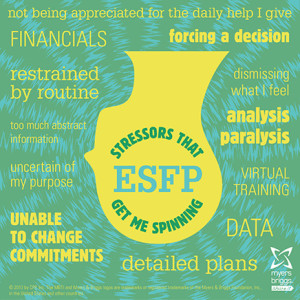Despite the challenges facing the academic sector across Europe – reduced funding, increased competition for posts and the eternal “post-doc” problem, an academic career is still the aspiration of many early career researchers.
My work brings me into contact with incredibly talented and productive researchers, many of whom never achieve a permanent academic position. When I contemplated an academic career as a PhD student and postdoc, I thought that if I worked hard and produced enough papers, I’d be on track to secure a lectureship. As soon as I shared these aspirations with academics in my departments, they improved my awareness of the expectations and needs of recruiting departments.
I needed to publish more and to publish things that changed the way people thought in my field.
I needed to leave the department (where I had completed my degree and PhD), ideally to work overseas to broaden my network, learn new techniques and become more personally resilient.
I needed to learn how to write grants even though I wasn’t eligible to hold them.
I needed to start thinking about what my own research area was going to be, and to equip myself to contribute to it.
I needed to be less concerned, less interested in teaching – this wasn’t going to help my career progress (harsh, but fair advice in my field for someone at my career stage.
This advice came almost twenty years ago and although there have been additions to the demands, this advice is still very sound. What is interesting though, is that until I asked people specifically what I should be doing to try and get a lectureship, no-one volunteered these insights. If you hope to become an academic, have you spoken to any? Particularly those who have been recently appointed and know the current demands.
Most academics I know are incredibly supportive of their students and young researchers in their departments. Most are also willing to share their advice with other researchers they meet at conferences or through other networks. Some very special ones are also willing to be involved in career development workshops!
Last week I was priviledged to be invited to run a couple of workshops at the FOM Young Scientist Day in Amsterdam. I was joined in my sessions by Professor Sylvie Roke from EPFL in Switzerland. Sylvie started the day with a plenary address on her career during which she talked honestly about the challenges, how she overcame them and the investment she has made in her career to be successful. Sylvie also displayed a healthy attitude to her own work-life balance – she has other interests and chooses not to spend all her waking hours at work. Therefore she has to be efficient and effective. Her work with a career coach has helped her to find a way to achieve more and to manage others better.
The slides and additional notes from the workshop are below. I hope to elaborate on the advice section in future posts.
As I listened to all the speakers I heard fascinating and important career development messages coming again and again. I’ve mentioned a few in my last posting and on my twitter feed but the idea I’ve taken away most strongly is the idea of control – stay in charge of your own career. Two of the speakers had called up employers who had rejected them and secured the job – either immediately or soon afterwards. One had written a letter to point out the devasting impact of a rejected grant application – and convinced the funder to rethink and give them the money. Too often and too quickly we let other people or circumstances halt our plans – could a little of the perserverence that researchers need to progress in their science be a magic career ingredient too?
(Most of the researchers who attended were physicists but the discussions we had could be applied to any academic field.)
As a final note I should add that when I started to ask my senior colleagues for advice, a few asked me to think about whether an academic career was right for me. They were generous with their suggestions, advice and networks and helped me to find a better path forward which suited my strengths and interests more closely. Although not easy to hear at the time, talking about my career and asking for advice opened my eyes to the alternatives. As someone asked in my workshop last week, “Why do we all want academic careers?” Is it because you don’t know what else would bring you satisfaction and excitement?

